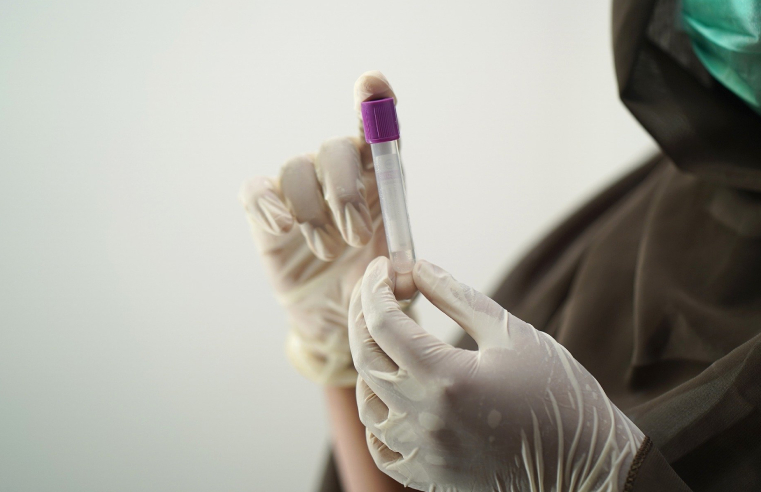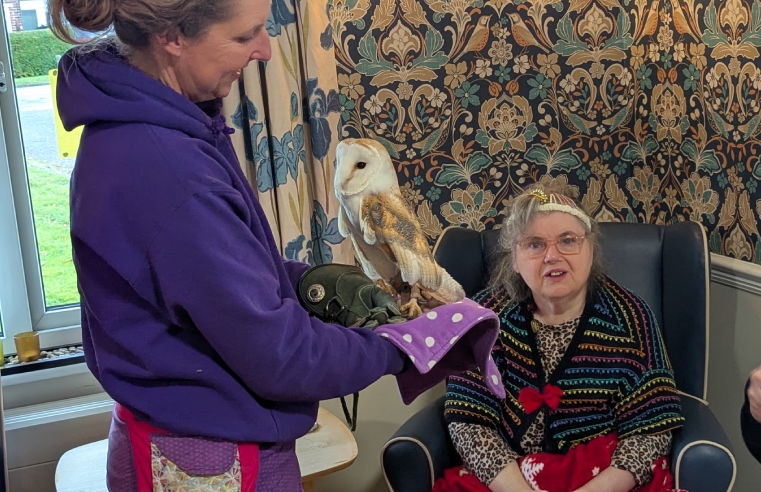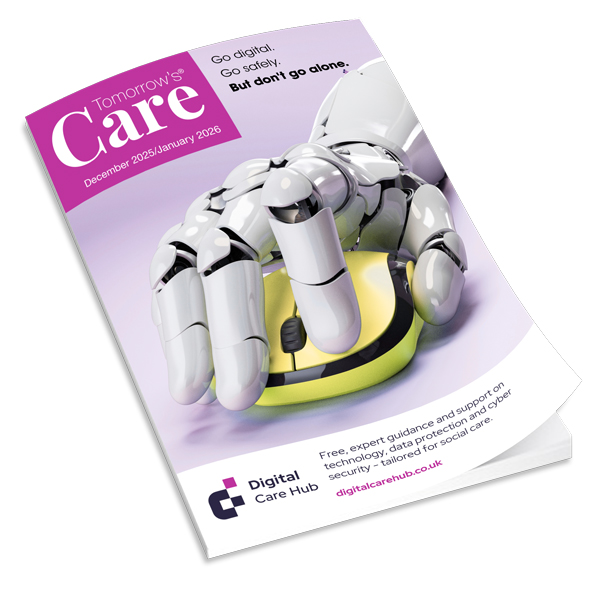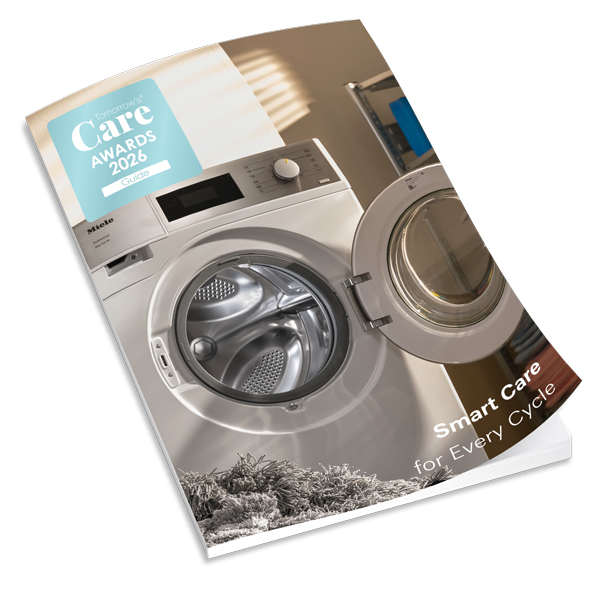14,000 care home residents and staff will be tested quarterly for their immune response to COVID-19, as part of a major research study to help inform future treatments for the virus.
The current Vivaldi study, led by University College London (UCL), tests staff and residents across 100 care homes. However, this is being expanded to 340 to improve our understanding of how COVID-19 is impacting care homes in England.
Researchers will analyse how antibody and cellular immunity to the virus differs among different groups and help shape the planning and national public health response to COVID-19, as well as wider social-care policy.
Minister for Care Helen Whately said: “Expanding this brilliant study, with the support of UCL, is another step towards improving our understanding of the virus.
“Testing people's antibody reaction to Covid-19 is crucial in helping us to control the spread of the virus, particularly amongst people who are vulnerable.”
The expansion will:
•Provide a larger and more nationally representative sample of care home residents and staff, allowing the Vivaldi 2 study team to provide more robust estimates across the population.
•Address important immunity research questions, such as whether individuals can be infected twice, how quickly neutralising antibodies wane and whether the immune response in the elderly is the same in younger generations.
•Link immunity data with epidemiological data to better understand the links between infection, demography and clinical outcome on the elderly and the impact of care-home characteristics on the spread of the virus in the sector.
•Offer an opportunity to work with a wider range of small care home chains and independent providers to ensure results are representative to all care homes in England.
The Vivaldi 2 study uses trained phlebotomists to draw blood from care home residents and staff which is then used to test for the presence of antibodies for COVID-19. This data is cross-referenced with DHSC-delivered swab testing in care homes to analyse prevalence of the virus over time.
Vivaldi 2 is led by University College London (UCL) and funded by DHSC. It began in June 2020 and is predicted to last to April 2022. The exact end date will be determined by how prevalent COVID-19 is in the tested care homes.
Dr Laura Shallcross of UCL Institute of Health Informatics said: "Expanding the Vivaldi study will tell us how many people living and working in care homes have been infected with COVID-19, and whether being infected once protects against future infections. This study will help us protect the most vulnerable members of society from this devastating infection."
Testing in these new homes is being phased in through November.





















